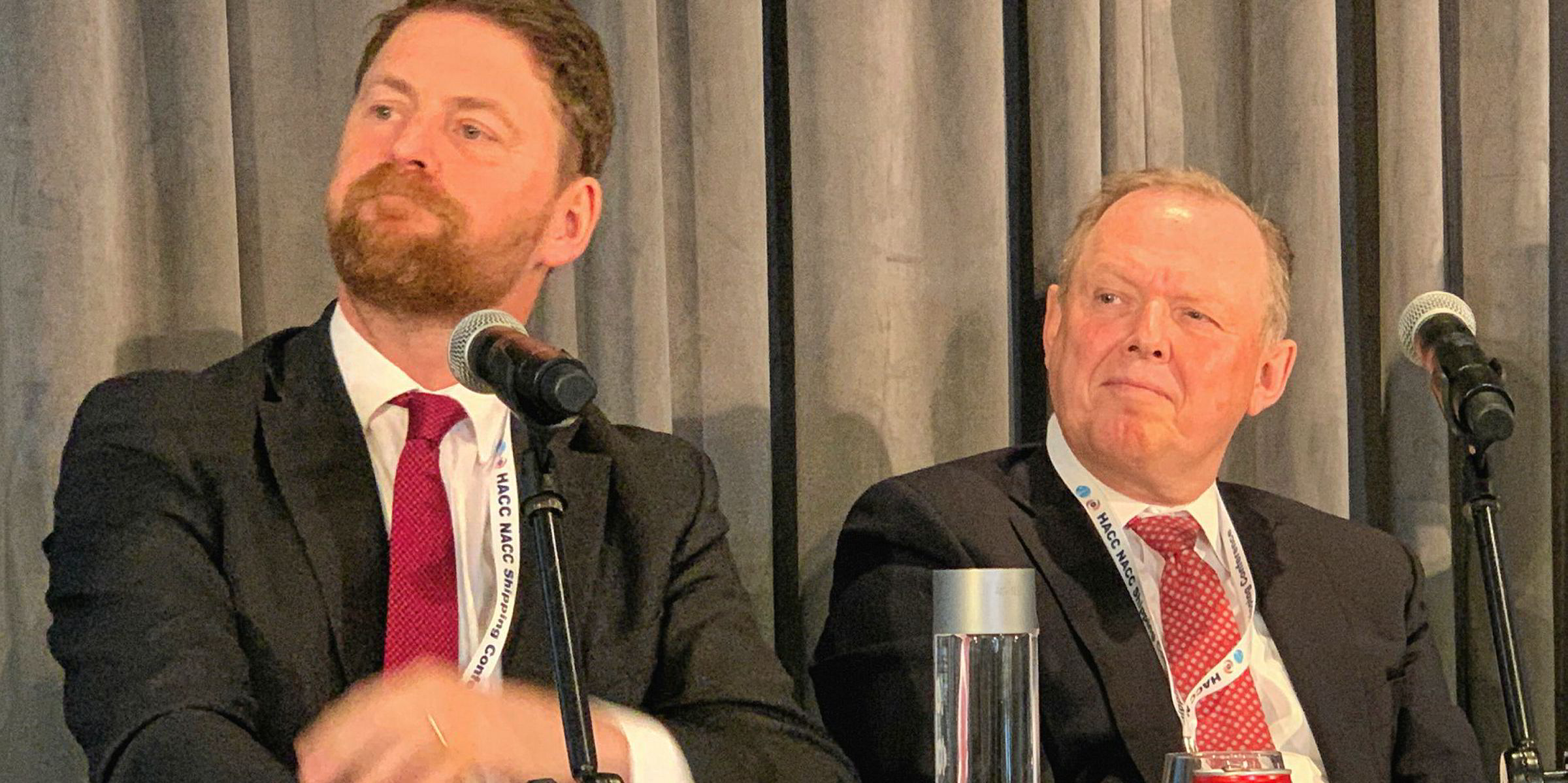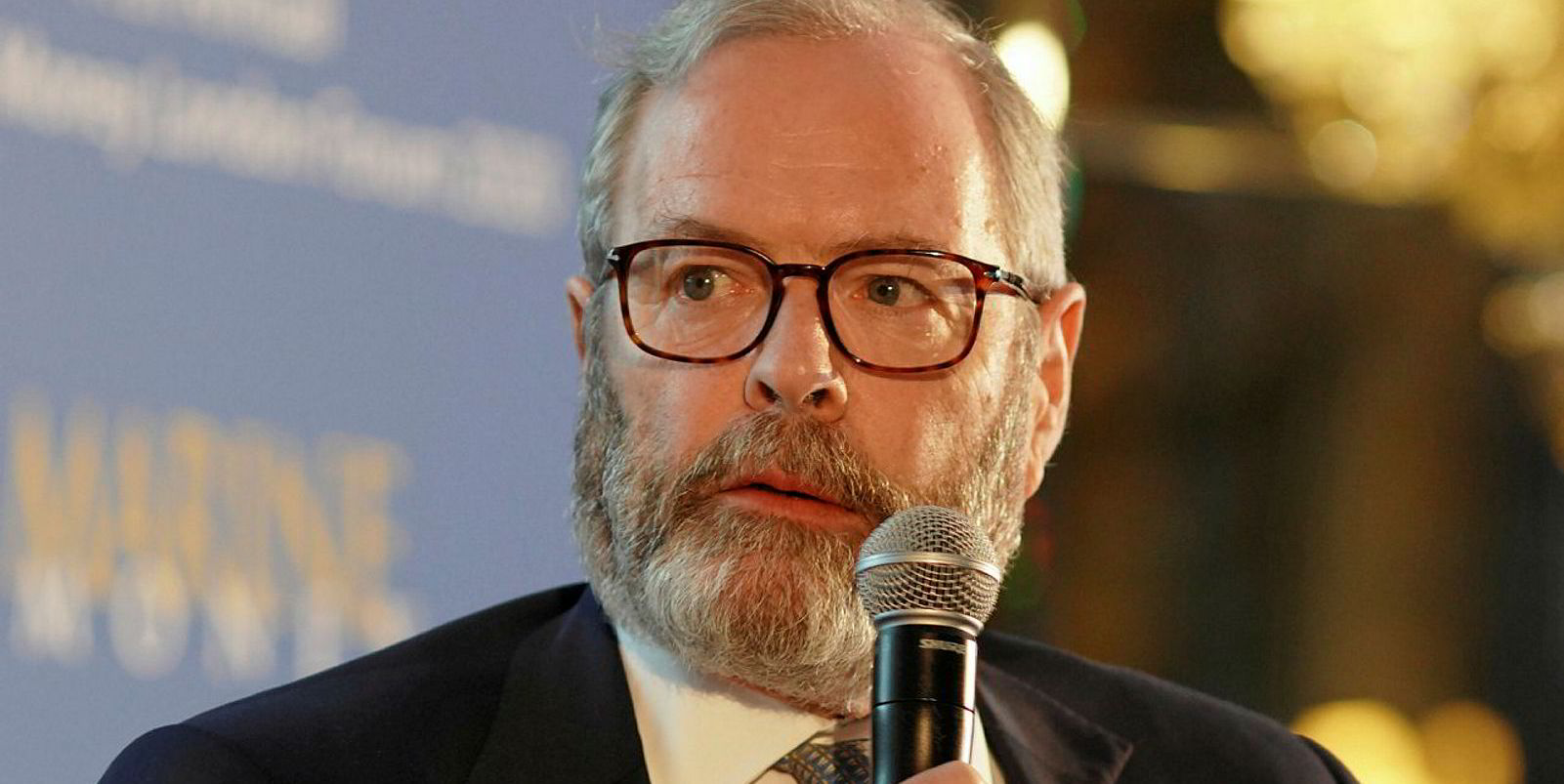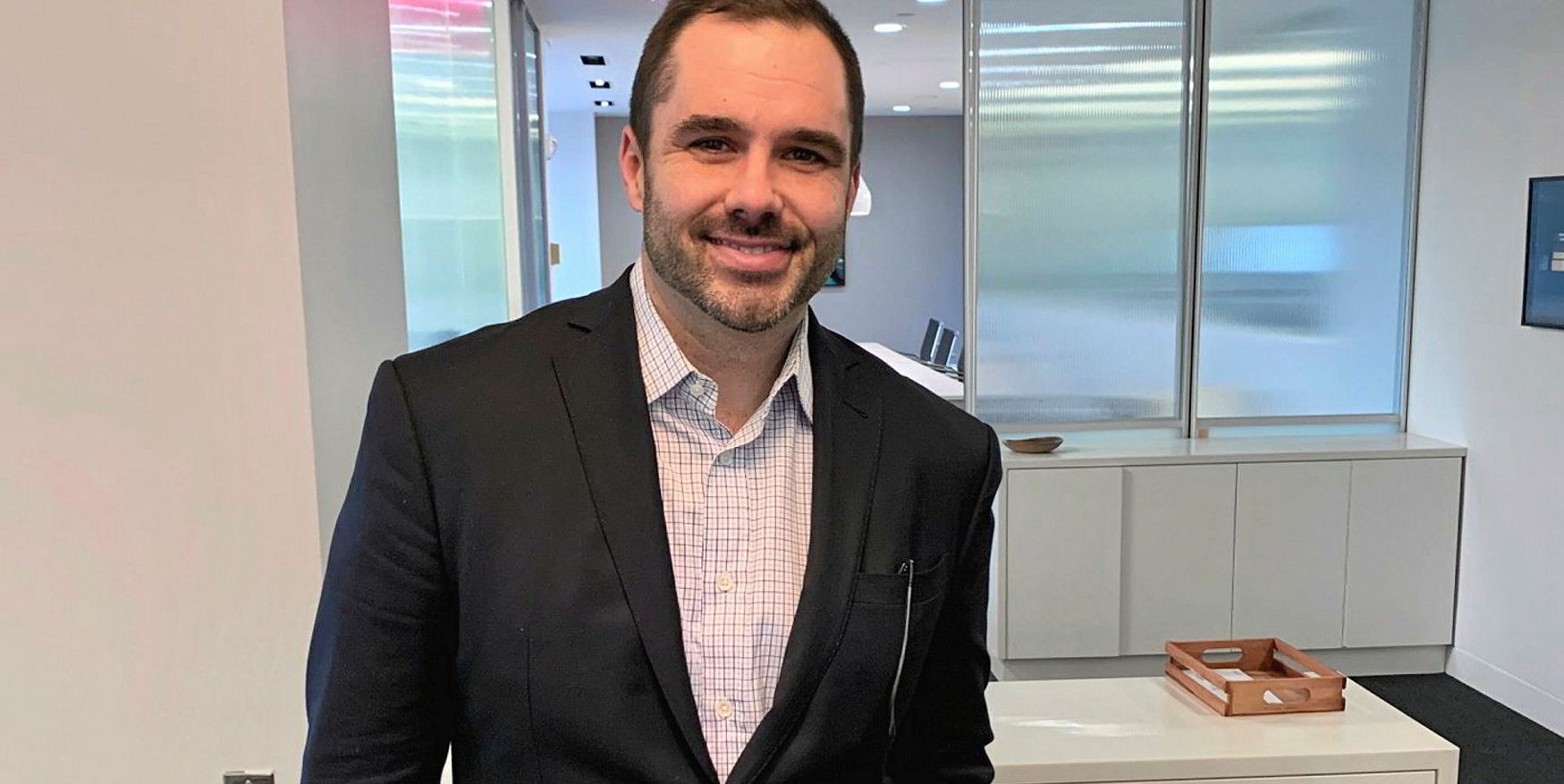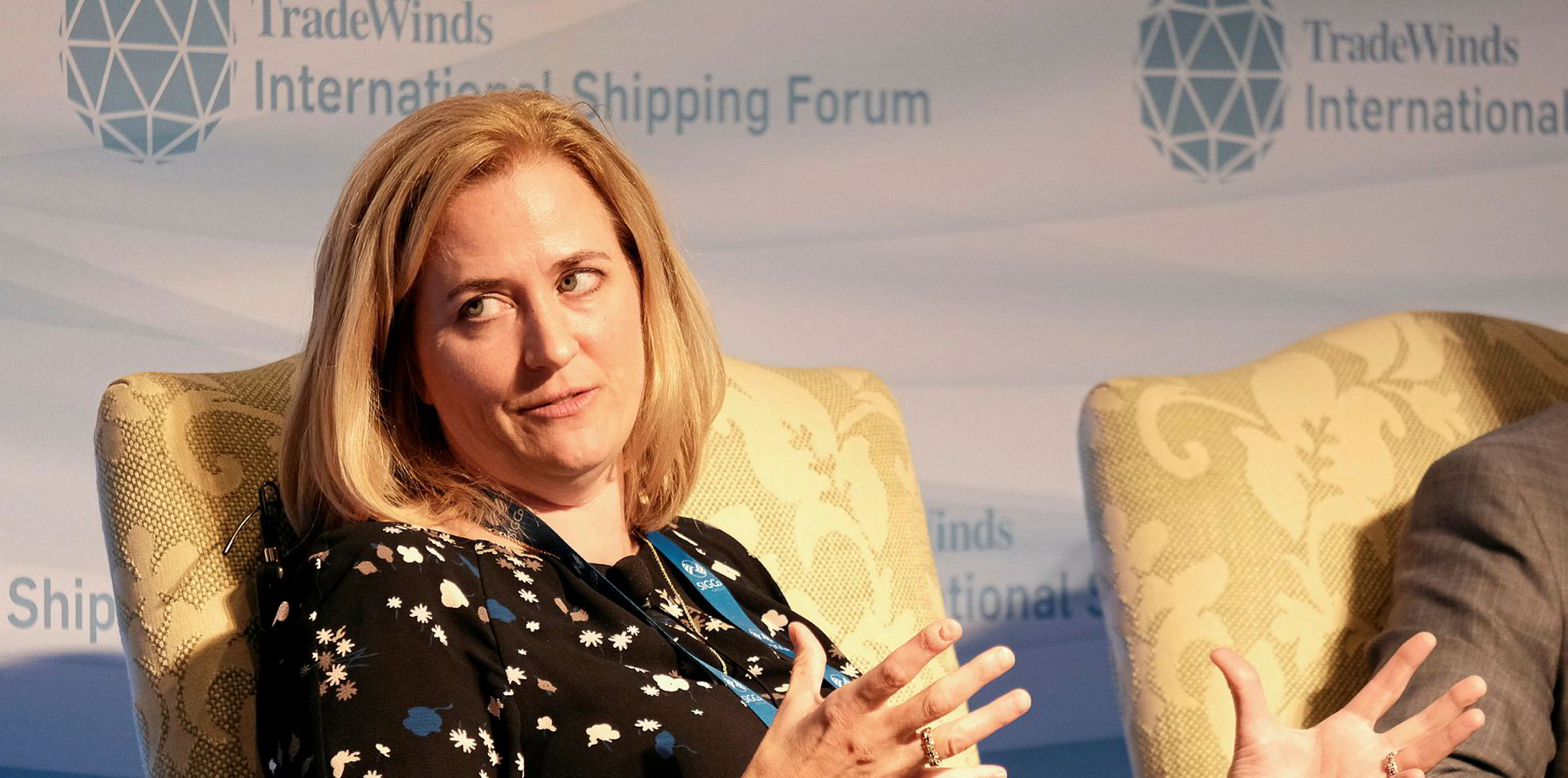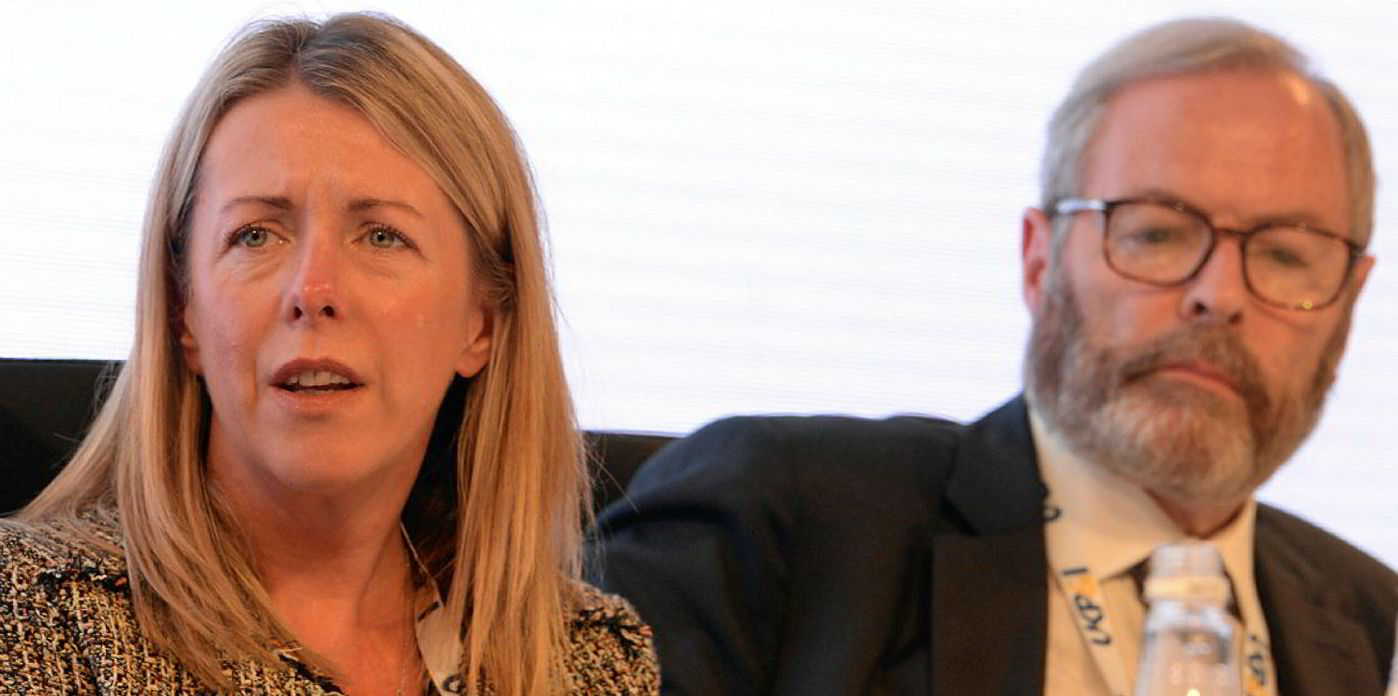Are banks willing to make less money in order to deal with shipping clients who are responsible in their environmental, social and governance (ESG) standards?
Veteran Nordea shipping banker Martin Lunder thinks the answer may well be “yes”.
Others, however, think banks will stay focused on yield that they rake in from their lending.
Lunder was one of the bankers on a financial panel run by Seward & Kissel partner Lawrence Rutkowski at this week’s annual joint conference of the Hellenic-American and Norwegian-American chambers of commerce.
Semi-sceptical
As moderator, the veteran financial lawyer stirred the pot a bit with a semi-sceptical view of just how fully committed the banks are to ESG and its shipping-specific cousin, the Poseidon Principles.
Lunder’s Nordea is one of the signatories of the Poseidon initiative, in which member baks are aiming to incentivise carbon cuts in shipping. Besides him sat Societe Generale’s Paul Taylor, vice chairman of the Poseidon group.
And in the front row of the audience, monitoring Rutkowski’s questions like a hawk, sat Michael Parker, the veteran Citigroup banker who is a key architect of the principles.
“We have a formal commitment to ESG and a stated goal that we should take a leadership role in the process,” said Lunder, who is Nordea’s New York-based head of shipping, offshore and oil services for the Americas.
“Nordea takes ESG as very important and it’s part of our DNA. I don’t think you can be a large public company today and not take ESG seriously. If it comes down to a question of ‘do we want a higher yield, or perhaps a lower yield but deal entirely with responsible companies, I think many of us will actually choose the lower yield.”
Rutkowski had alluded to a financial advisor friend who suggested that ESG might be overblown as an issue. In the end, he argued, investing all comes back to yield.
At another point, Rutkowski probed whether banks’ commitment to the Poseidon Principles is real or more of a public relations initiative to give them cover in an ESG-driven world.
That got Parker’s attention as he perked up in his chair, but he did not need to say a word. Taylor stepped right in with his own answer.
“I’m vice chairman of the group and I can tell you it is something we take very seriously. It is not a cynical attempt,” Taylor said.
“It’s all about actions, it’s not about words. Every bank can run its business as it likes, but we will all need to finance more green vessels. If we show that in our actions and do not use it just as a communications tool, that cannot be a cynical attempt by banks to greenwash, or call it what you like.”
Call to action
Parker relaxed in his seat. He would get his own chance to press his call to action for shipping on the Poseidon Principles an hour later as the group’s keynote luncheon speaker.
Perhaps then the odd man out on the financial panel was Michael Kirk, managing director of alternative lender RMK Maritime.
As TradeWinds has reported, RMK has been active as a fresh source of competitively-priced capital for small to medium-size shipowners looking to finance secondhand ship acquisitions who may struggle to get the backing from traditional lenders.
The Poseidon signatories are 17 of those traditional lenders, and counting.
“I’ll just repeat the sentiments of your financial advisor,” Kirk told Rutkowski.
“The goals of the Poseidon Principles are certainly laudatory. But when you’re talking about somewhat older vessels, it’s a big carbon footprint to scrap that vessel and replace it. You can make the argument that keeping that vessel around is a better decision.”
In any case, he added, “we’re more focused on the economics.”
